APPC health survey data finds that belief in vaccination misinformation has risen, and a willingness to vaccinate against Covid-19 is lower than in the past.


APPC health survey data finds that belief in vaccination misinformation has risen, and a willingness to vaccinate against Covid-19 is lower than in the past.
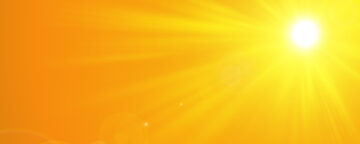
An APPC survey reveals that most Americans do not know where their local cooling centers are in cases of extreme heat.
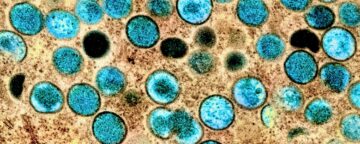
An APPC survey finds that Americans' knowledge about mpox and the likelihood to vaccinate against it has waned since the outbreak in the summer of 2022.

A comprehensive meta-analysis from a research team led by the University of Pennsylvania examines what types of vaccine intervention strategies have the greatest effect in increasing vaccination.
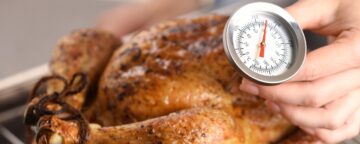
An APPC survey finds only 1 in 4 U.S. adults often or always use a food thermometer when cooking and most are unsure of the right temperature to heat food to to prevent illness.
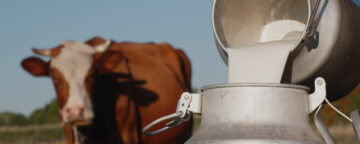
A new APPC health survey finds fewer than half of U.S. adults know drinking raw milk is less safe than drinking pasteurized milk.

An analyses of ASK survey data find perceptions of scientists’ credibility remains high, but eroded somewhat from 2023 to 2024 -- and perceptions of AI scientists are lower than for scientists in general.
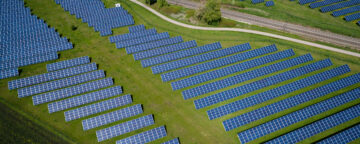
New paper from APPC team examined the relationship between health-related beliefs about climate change and support for climate policy proposals.

An APPC study finds more social media use correlates with more vaccination, but the reason for this is different for Democrats and Republicans.
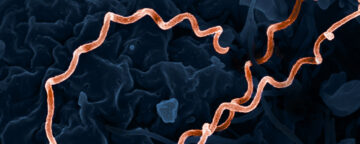
Syphilis cases are on the rise, but many Americans don’t know the symptoms, an APPC survey on sexually transmitted infections finds.